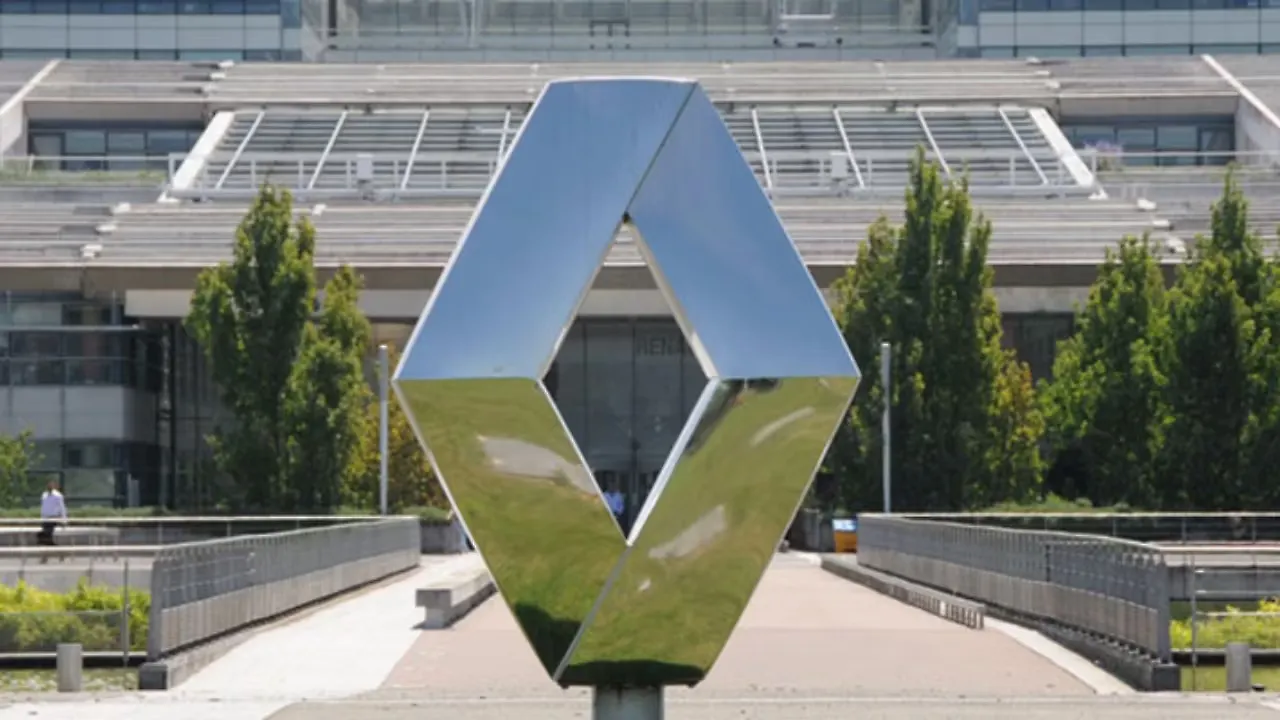
India has been identified as one of the key markets for Renault Group’s ‘International Game Plan 2027’ along with Morocco, Latin America, Turkey and South Korea. These regions are also among the French automaker’s top 10 for its sales where 40% comes from beyond the geographies of Europe.
Under the new strategy, Renault Group plans to invest nearly $3 billion till 2027 in developing two platforms and eight products including one B-SUV, three C-segment SUVs, two D-segment SUVs and two LCVs. Once things are in place, it hopes to double its net profit per unit compared to 2019 levels.
Most of the products will be based on the new modular platform based in four comprising India, Morocco, Latin America and Turkey. It will be highly flexible and scalable with a fixed front end and four configurations for the central part.
Fabrice Cambolive, CEO, Renault brand, said at a press meet in Rio De Janeiro that the vehicle on the platform will be 4-5 metres long with a wheelbase ranging from 2.6-3m. This platform will also be flexible with powertrain options and can accommodate ICE (petrol and diesel), flex fuel, LNG, hybrids with 48V and full hybrids with two wheel drive and four wheel drive.
Bruno Vanel, VP Renault Brand, Product Performance, Renault Group, said D and E segment SUVs will be based on a newly developed CMA – compact modular architecture – platform in a partnership with Geely Holding Group signed in 2022. These models will have two and four-wheel drives while one of three Renault vehicles sold in 2027 will either have hybrid or electric powertrain.
The new D and E segment vehicles will be designed by the engineering centre in Seoul and built at the plant in Busan, South Korea. The first vehicle developed on this platform will be presented in the coming year.
Focus On Brand Pillars
Arnaud Belloni, VP- global marketing, Renault brand, said the new models will have five key markers: a human touch, warmth to customers, militant, modern in nature and excellence in quality.
This new 3D approach will include brand power, uniqueness and meaningfulness. He added that all the new technology will have real life usage which will be meaningful to the customer. The new approach will focus on Renault for all, Renault E-tech and Renault LCVs — the company has targeted 25% of its volumes from LCVs.
The new strategy has kicked off with the unveiling of the Kardian, a B-SUV for Latin America. The 4.12m long SUV offering was designed by the teams in France and Brazil. It features the newly developed 1.0L 3-cylinder turbo petrol engine, derived from the 1.3L petrol, mated to a six-speed dual clutch gearbox which churns out 125hp and 220 Nm of torque.
The company also showcased the Niagara pickup concept built on the new ultra-flexible platform. The vehicle in its production form will get the E-Tech Hybrid 4WD technology and a dual technical adjustment: a mild hybrid advanced (48V) power plant at the front and an additional electric motor at the rear. Niagara Concept is an optimised off-road performance 4WD model that can handle half of everyday drives in full-electric mode.
The plans for India will unravel in Chennai where Renault and its global ally, Nissan, have a sprawling plant with a capacity of 480,000 units. At present, barely 50% is being used now and the next 3-4 years will see higher optimisation once the new products begin rolling out of the assembly lines.
Rakesh Srivastava, MD, Nissan Motor India, had recently told Mobility Outlook that the company was planning to introduce three SUVs in the C, C+ segments and an e-SUV. Under the new strategy, all the models would be based on the Nissan DNA and its new design language and technology while focusing on electrification with hybrids and BEVs.
Also Read
Renault India Banks On Knowledge Pool At Chennai For EV Play
Also Watch